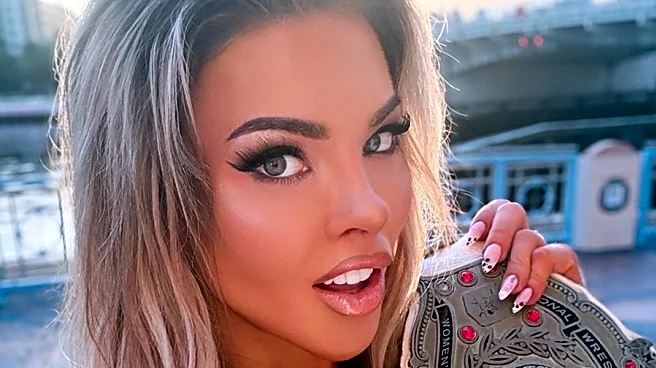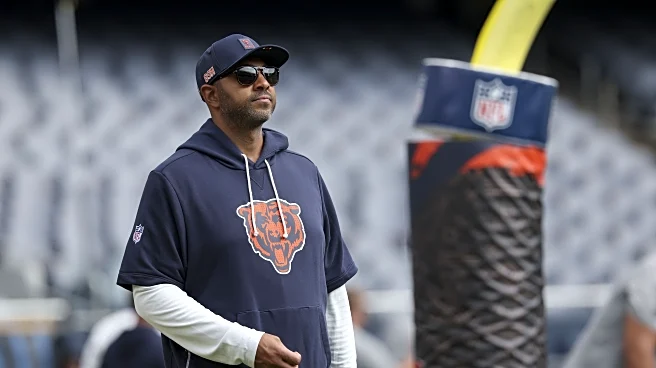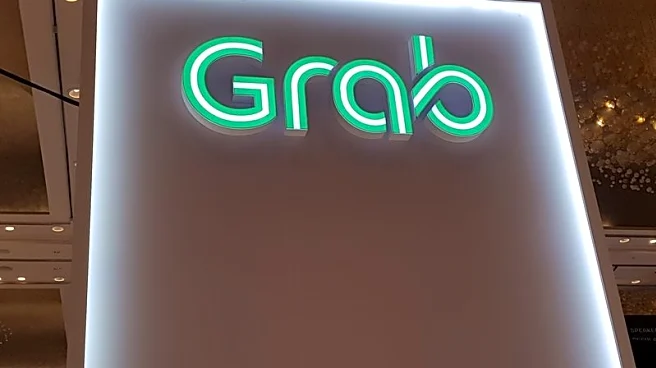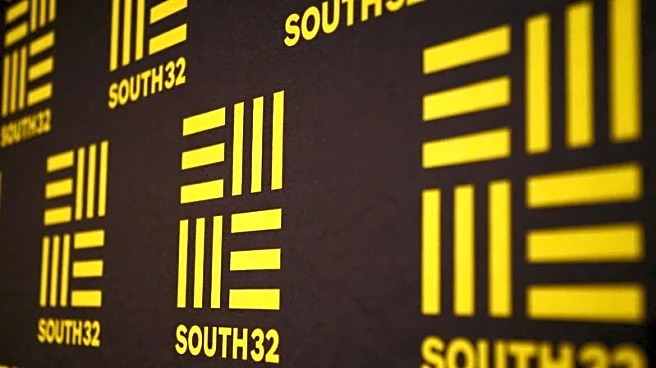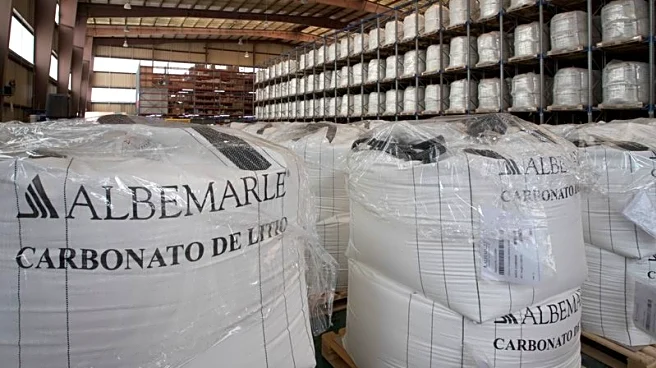Rapid Read • 9 min read
A coalition of more than 50 Ukrainian writers and artists, UK MPs, and a former New Zealand prime minister have called on the Royal Ballet and Opera to remove Russian soprano Anna Netrebko from its upcoming London season. Netrebko is scheduled to perform in the Royal Ballet and Opera's production of Tosca next month. The signatories of a letter to the Guardian argue that Netrebko has been a symbol of cultural propaganda for a regime accused of war crimes. They criticize the Royal Ballet and Opera for inviting Netrebko at a time when Russia is intensifying attacks on Ukrainian cities and culture. The letter urges the Royal Ballet and Opera to choose between profit and values, and to remain on the ethical side of art and history. The Royal Opera House and Netrebko have declined to comment on the matter.
AD
The controversy surrounding Anna Netrebko's participation in the Royal Ballet and Opera's season highlights the ongoing tensions between cultural institutions and geopolitical issues. The decision to invite Netrebko has sparked debate about the role of art in political conflicts and the responsibilities of cultural organizations. Critics argue that inviting artists associated with controversial regimes can undermine efforts to support affected communities, such as Ukraine. The situation also reflects broader challenges faced by cultural institutions in navigating complex geopolitical landscapes while maintaining their values and integrity. The Royal Ballet and Opera's decision could impact its reputation and relationships with stakeholders who advocate for ethical considerations in the arts.
The Royal Ballet and Opera may face increased pressure from political leaders and civil society groups to reconsider Netrebko's participation. Discussions between MPs and the Royal Ballet and Opera's leadership are ongoing, with calls for Netrebko to publicly condemn the Russian regime before performing. The Royal Ballet and Opera's response to these demands could influence its future programming decisions and its stance on geopolitical issues. Additionally, the controversy may prompt other cultural institutions to reevaluate their policies regarding artists with political affiliations, potentially leading to broader changes in the industry.
The debate over Anna Netrebko's involvement in the Royal Ballet and Opera's season raises questions about the intersection of art and politics. It challenges the notion of cultural neutrality and highlights the ethical dilemmas faced by institutions in politically charged environments. The situation underscores the importance of transparency and accountability in cultural programming, as well as the potential for art to serve as a platform for political expression and change. The Royal Ballet and Opera's decision could set a precedent for how cultural organizations address similar controversies in the future.
AD
More Stories You Might Enjoy
